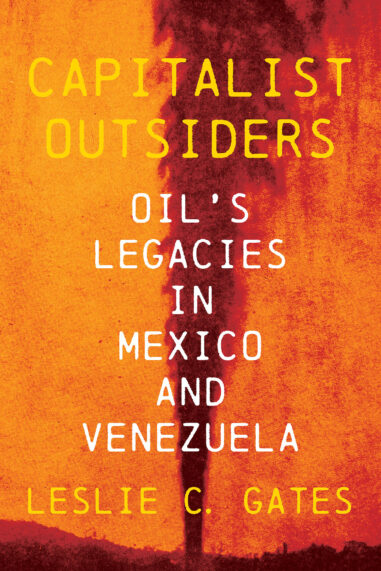Honorable Mention, 2025 Paul Sweezy Outstanding Book Award from the Marxist Sociology Section of the American Sociological Association | Winner, 2024 Barrington Moore Book Award from the Section on Comparative Historical Sociology of the American Sociological Association | Co-winner, 2024 Distinguished Contribution to Scholarship Book Award from the Political Sociology Section of the American Sociological Association | Honorable Mention, 2024 Immanuel Wallerstein Memorial Book Award from the Political Economy of the World-System Section of the American Sociological Association
Social polarization has roiled neoliberal political establishments but has rarely culminated in electoral victories for anticapitalist outsiders. Instead, outsiders who accommodate capitalists often prevail. Capitalist Outsiders revisits celebrated exemplars of Latin American populism in Mexico and Venezuela to shed light on this phenomenon. It reveals how anticorruption campaigns boosted Mexico’s neoliberal-era capitalist outsider by drowning out salacious corporate scandals; how Venezuela’s apparently enlightened capitalist outsiders of the 1940s relied on segregationist, punitive labor relations; and how corporate insiders of Venezuela’s neoliberal political establishment unwittingly validated the anticapitalist Hugo Chávez as the true outsider. It weaves together these case studies to reveal an unlikely common origin for capitalist outsiders in both countries: their sequential insertion into global oil production and Mexico’s early twentieth-century radical oil workers. Capitalist Outsiders moves beyond cataloging “populist” traits and tactics or devising the institutions that might avert their rise. Instead, it specifies the distinct social bases of capitalist vs. anticapitalist outsiders. It exposes how a nation’s earlier incorporation into the capitalist world economy casts a long shadow over neoliberal-era outsider politics.


